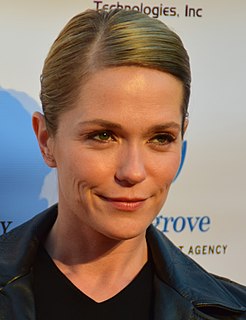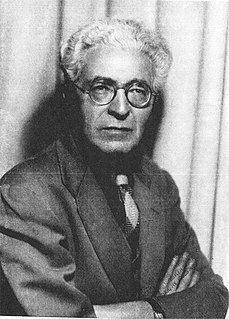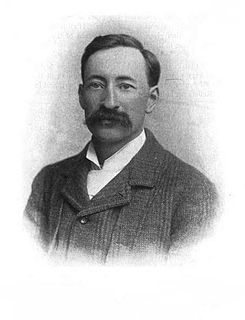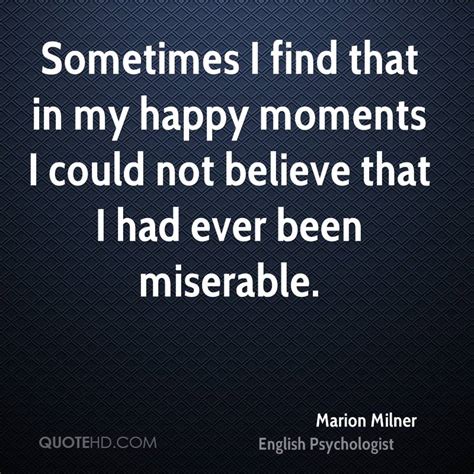A Quote by Daniel Kahneman
The premise of this book is that it is easier to recognize other people's mistakes than your own.
Related Quotes
I'd like to make mistakes on my own dime, and not have a herd of people tell me what I'm doing wrong. and I'm also still trying to find and develop my voice as a filmmaker, and I think that's easier to do on your own terms, than trying to satisfy a bunch of people that are paying for the movie. That being said, I'm certainly open to moving into that world.
As a songwriter, you tend to develop your own style, your own technique, based around what it is you're trying to write and perform, in terms of your own music. So a way of evolving a guitar style as a songwriter is much easier, I think, than developing a true style of your own just from listening to music or playing other people's music.
Obviously it's easier when I' m doing the adapting myself. But my feeling is, your potential upside far outweighs the downside. Ultimately, they [moviemakers] can't change your book. Your book remains on the shelf the way you wrote it. If they make a great movie of your book, then you have the equivalent of millions and millions of dollars of advertising for your book. If the movie's not that good, that doesn't mean the book's not good. It doesn't change what you've already written. It has the potential to reach more people.




































